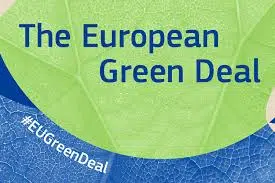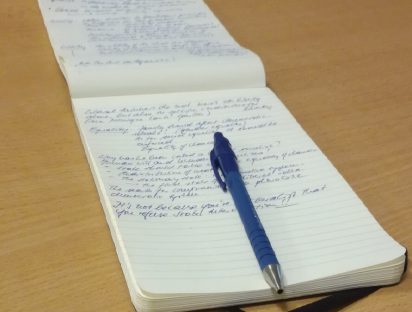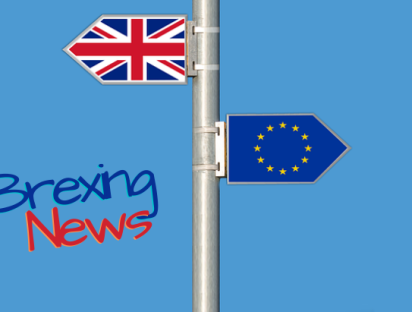Registration is open for the online workshop
The European Green Deal and External Policies: European Perspectives and Implications for Asia-Pacific – The Case of CHINA
which will take place on Friday, 6 November 2020, 09h00 CET / 16h00 IST.
Background:

In December 2019, the president of the European Commission, Ursula von der Leyen, named the European Green Deal as “Europe’s hallmark. ”With a 250 billion Euro projected funding, it is one of the most ambitious projects the E.U. has set up so far – aiming at no less than Europe becoming the first climate-neutral continent.”
Despite the E.U. still being the largest single market, the ambitious goal of the “European Green Deal” can only be achieved in redefining the exchange patterns with other major economies. As the national economies of the Asia-Pacific region will remain the most dynamic ones and are currently undergoing their own major transformations, they will be chosen as points of reference.
Organisation:
This second of four workshops co-organized by ESSCA Shanghai and the Konrad-Adenauer-Stiftung Berlin is conducted in partnership with Beijing Normal University, China. It’s objectivs is to map the potential areas of cooperation between the EU and China within the framework of the EU Green Deal.
We invited a group of experts and representatives of governments, administration, academia, business associations, NGOs and others.
For further details on the topic, agenda and confirmed participants, please find enclosed the detailed programme (PDF).
The meeting is free of charge and will be held via ZOOM. Meeting ID and password will be available after registration:
This event is a part of a research fellowship on the topic of “The European Green Deal – Perspectives for EU-Asia Relationship” conducted by Prof. Sonia Chikh M’hamed and generously funded by the Konrad-Adenauer-Stiftung, Berlin.
The research project aims at contributing to the role of the European Union as a normative power in shaping multilateral frameworks to achieve the goals laid down in the COP21, the 2030 Agenda, and other global agreements on sustainable development.




